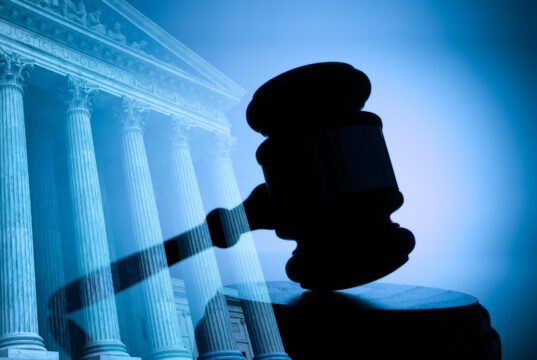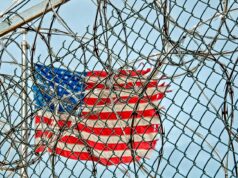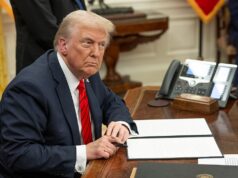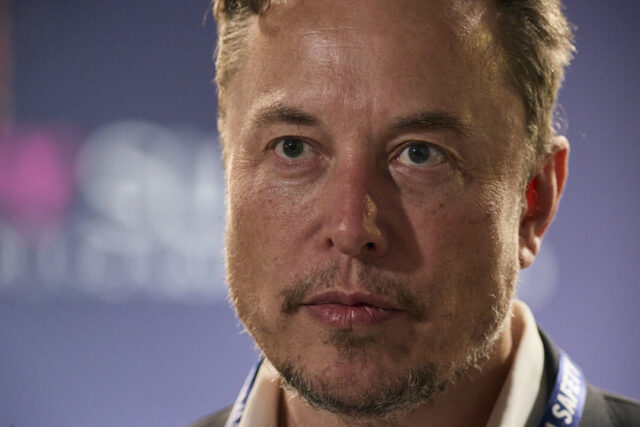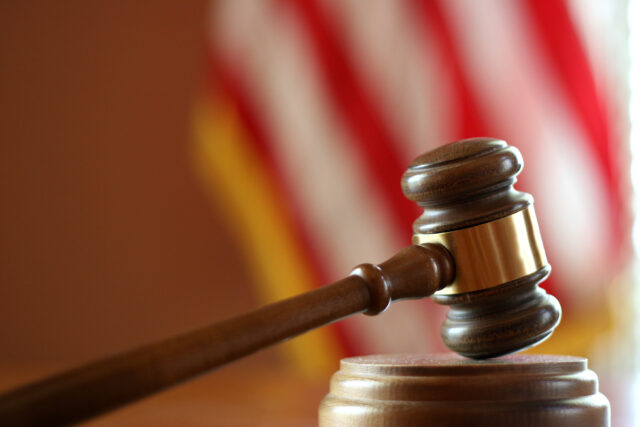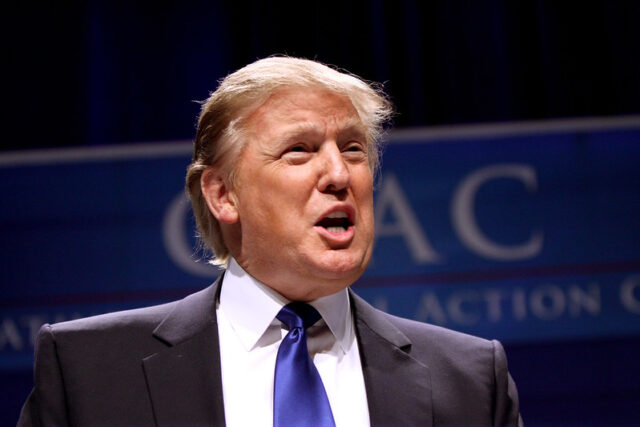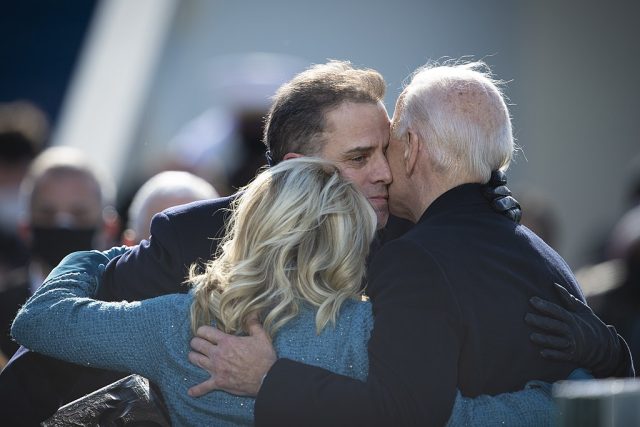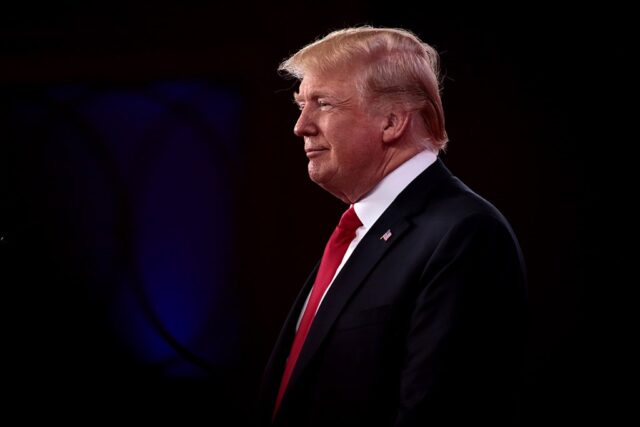White House Issues Statement Clarifying Musk’s Role With DOGE
All eyes are on Elon Musk…
The White House said Monday that Elon Musk is technically not part of the Department of Government Efficiency (DOGE), even though the tech billionaire is said to be leading its sweeping cost-cutting efforts.
Musk is an employee of the “White House Office” and serves as senior advisor to the president, said Joshua Fisher, director of the White House Office of Administration, in a court filing.
The Tesla and SpaceX CEO is not an employee of the U.S. DOGE Service or the U.S. DOGE Service Temporary Organization, both of which are separate from the White House Office, according to Fisher.
He is also not the U.S. DOGE Service administrator, the head of DOGE as laid out in President Trump’s executive order last month establishing the service.
“In his role as a Senior Advisor to the President, Mr. Musk has no greater authority than other senior White House advisors,” Fisher said in his declaration to the court.
“Like other senior Whtie House advisors, Mr. Musk has no actual or formal authority to make government decisions himself,” he continued. “Mr. Musk can only advise the President and communicate the President’s directives.”
Fisher compared Musk’s role to Anita Dunn, who served as a senior advisor to former President Biden.
The announcement comes as part of a lawsuit brought by 14 states against Musk, Trump and DOGE last week, arguing that the government role of the world’s richest man is unconstitutional because he has not been confirmed by the Senate.
“Mr. Musk’s seemingly limitless and unchecked power to strip the government of its workforce and eliminate entire departments with the stroke of a pen or click of a mouse would have been shocking to those who won this country’s independence,” the states wrote.
“There is no office of the United States, other than the President, with the full power of the Executive Branch, and the sweeping authority now vested in a single unelected and unconfirmed individual is antithetical to the nation’s entire constitutional structure,” they continued.
The states initially asked the court to bar Musk and the DOGE team from taking a wide range of actions, including making changes to government contracts, regulations, personnel or the disbursement of public funds, as well as receiving access to or altering data systems.
The Department of Government Efficiency (DOGE) in a post on its website says it has found $55 billion in savings through a combination of efforts, including a reduction in the federal workforce.
It said it estimated it had realized $55 billion in savings by canceling or renegotiating leases and contracts, selling assets, cancelling grants, finding regulatory savings, making programmatic changes to the government and reducing the workforce.
Other top agencies that DOGE said it had cut contracts from include the Department of Health and Human Services, Department of Agriculture (USDA), Department of Homeland Security (DHS), General Services Administration (GSA), Department of Commerce, Environmental Protection Agency (EPA) and the Department of Housing and Urban Development.
On Tuesday, the Social Security Administration’s acting leader stepped down from her role over requests from the Department of Government Efficiency (DOGE) to access recipient data, according to The Hill.
Acting Commissioner Michelle King departed from the agency over the weekend after more than 30 years of service. She allegedly refused to provide DOGE staffers with sensitive information.


